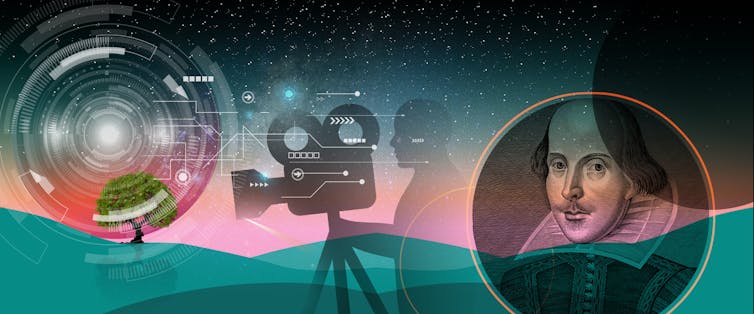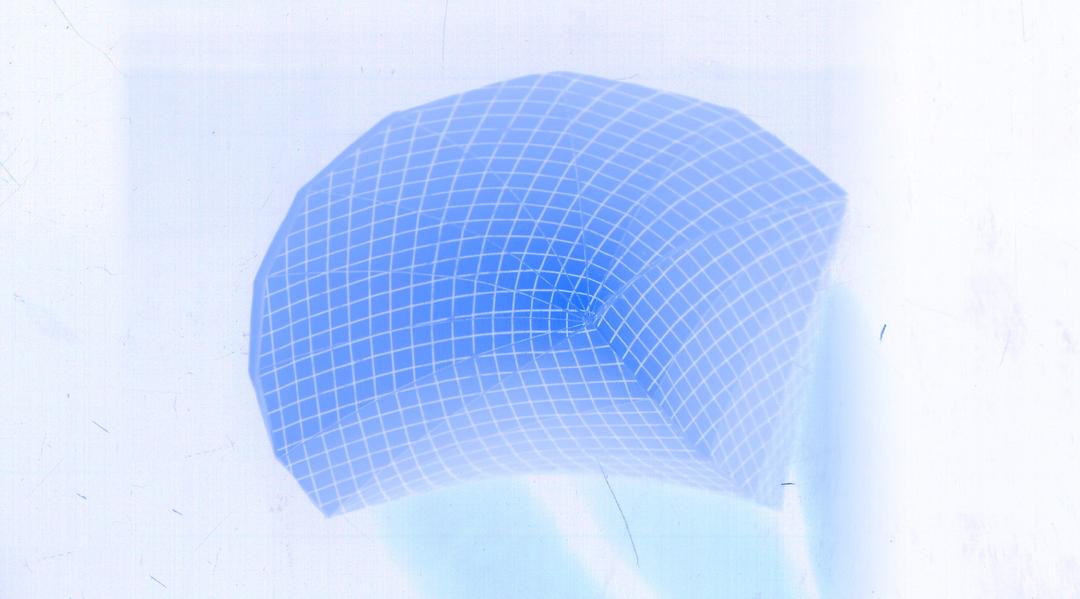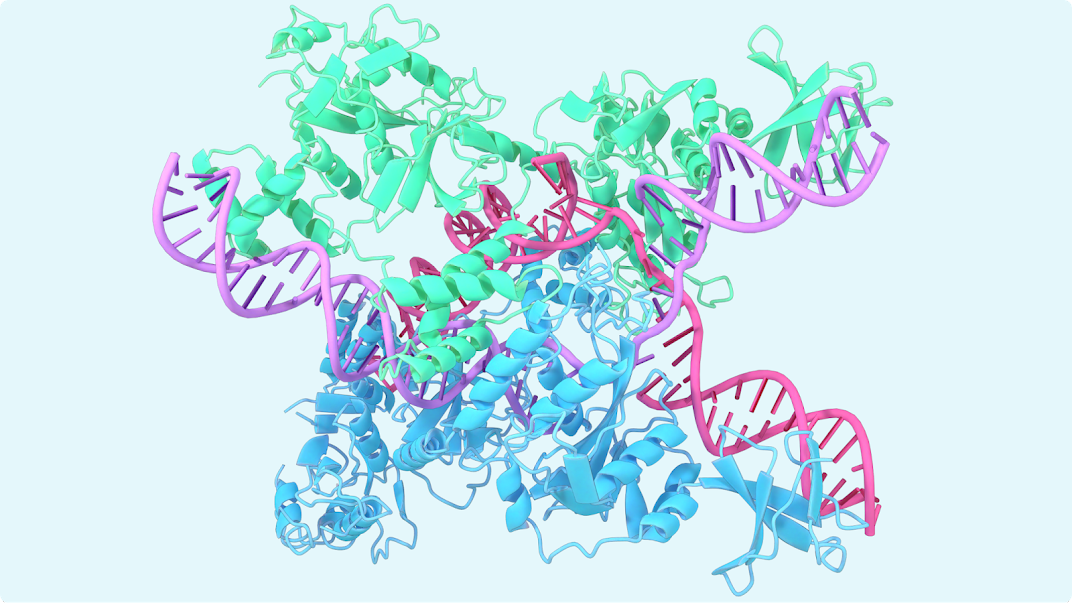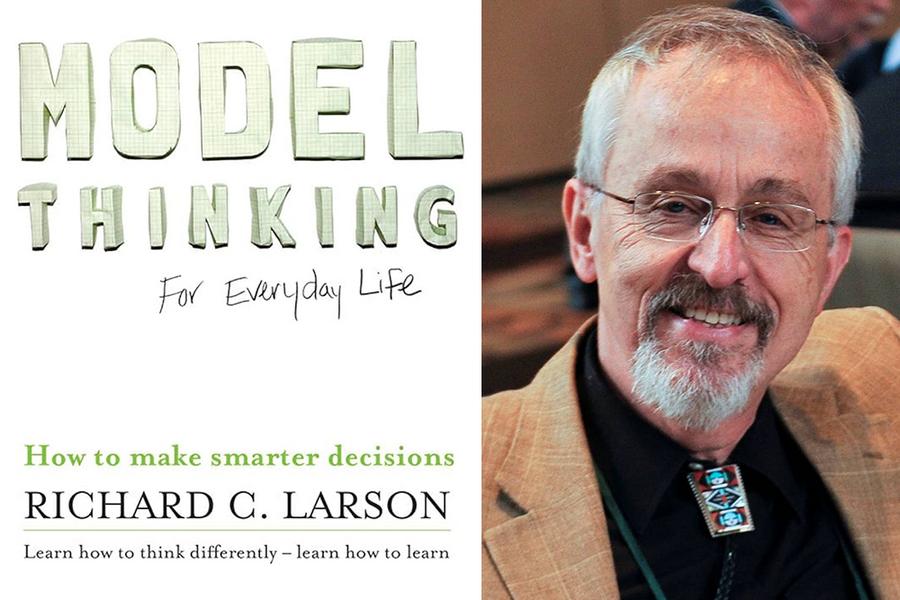Large wildfires in the Arctic and intense heat waves in Europe are just the latest evidence that climate change is becoming the defining event of our time. Unlike other periods that came and went, such as the 1960s or the dot-com boom, an era of unchecked climate change will lead to complex and irreversible changes in Earth’s life support systems.

Many people view climate change as a scientific issue – a matter of physical, biological and technical systems. The Intergovernmental Panel on Climate Change’s most recent assessment report, for example, is a vast compendium of climate science, threats and potential solutions.
Yet modern climate change is also a human problem caused by the collective behaviors of people – mostly the wealthy – around the world. Japanese economist Yoichi Kaya summarizes this viewpoint in an elegant equation known as the Kaya Identity: Global greenhouse gas emissions are the product not just of energy use and technology, but also human population size and economic activity.
Of course, science is essential for understanding climate change, and technology is critical for solving the problem. But the IPCC report spends little more than 10 pages on climate ethics, social justice and human values. We worry that overemphasis on science may hamper the design of effective climate solutions.
In our view, solving the world’s climate problems will require tapping into brainpower beyond science. That’s why the two of us – an ecologist and a humanities dean – are teaming up to rethink climate solutions. Recently we developed a program to embed humanities graduate students in science teams, an idea that climate research centers are also exploring.
A human-centered perspective
Scholars in the humanities interpret human history, literature and imagery to figure out how people make sense of their world. Humanists challenge others to consider what makes a good life, and pose uncomfortable questions – for example, “Good for whom?” and “At whose expense?”
Going beyond science, humanists can define cultural forces driving climate change, such as the fossil fuel dependence of industrialized societies.
In her book, “Living Oil: Petroleum Culture in the American Century,” literature scholar Stephanie LeMenager asserts that 20th-century culture – novels, poetry, films, photography and television – generated a mythology of “petro-utopia.” Images of gushing oil derricks implied that the American good life meant unfettered consumption of fossil fuels.
Popular culture, land use and economics reflected this ideal, particularly in California. Even as the Golden State strives to lead the nation in combating climate change, the legacy of petro-culture endures in suburban sprawl and jammed freeways.
Humanist scholars like LeMenager help to uncover the root causes of complex problems. Yes, rising carbon dioxide levels trap more heat in the atmosphere – but values matter too. Defining features of American identity, such as independence, freedom, mobility and self-reliance, have become entangled with petroleum consumption.
The softer side of technology
When thinking about climate solutions, people often picture technical fixes. The IPCC reports list many ideas for climate change mitigation and adaptation. Mitigation reduces greenhouse gas emissions through technologies like renewable energy. Adaptation, such as building sea walls, aims to manage climate change impacts. It also includes schemes to engineer Earth’s climate system – for example, releasing chemicals into the stratosphere to reflect sunlight back into space.
In principle, scientists and engineers could deploy any of these fixes. But should they? To answer this question, society needs humanists and their “soft” technologies – intangible tools for solving problems based on nonscientific knowledge.
Cultural scholars and philosophers can inject ethical principles into policymaking. Relative to emissions reductions, expensive adaptation schemes are less likely to benefit indigenous populations, future generations and the poor – the groups that are most vulnerable to climate change.
Humanists can also help decision makers see how history and culture affect policy options. Plans to improve fuel economy will need to address the historical bond between petroleum and personal freedom. Alternatively, humanity could keep burning fossil fuels while trying to capture the emissions. Yet some societies might balk at the high costs of relatively unproven carbon capture technologies.
Aligning climate solutions with human values
So far, scientific facts have not motivated Americans to support the huge societal transformations needed to stop climate change. Some reject the scientific consensus on global warming because it makes them feel bad or clashes with their personal experience of the weather.
Climate change matters more when it affects people’s homes, livelihoods and spiritual beliefs. Recent protests against the Dakota Access Pipeline are an example. Opponents condemned the desecration of Native American burial sites and called out violations of historical land treaties dating back 150 years. To them, the pipeline was not just a source of greenhouse gases. It was a threat to their ideals and spirituality.
By tapping into what moves people, the emerging field of environmental humanities can help spur climate action. Scholars of history, philosophy, religious studies, literature and media are exploring many aspects of humans’ relationship with the Earth. An entire literary genre of climate fiction, or “Cli-Fi,” depicts often-apocalyptic visions of climate impacts on humanity. Social scientists have worked out how civilizations like the ancient Maya and medieval Icelanders dealt with climate shocks.
Together with scientists, environmental humanists are reforming scenarios used in climate modeling. Scenarios originated as an improvisational form of theater, and humanists are reclaiming them as a rehearsal space for the massive societal shifts required to avert dangerous climate change.
Uniting humanists and scientists
We think that stronger collaborations across the humanities and sciences are key for effective climate solutions. Still, there are hurdles to overcome. Humanists have been criticized for failing to apply their expertise to environmental problems outside academic circles. For their part, scientists need to respect humanists as scholars in their own right, not just clever translators of hard science.
In our view, it’s time for scientists, engineers and humanists to break down these barriers and appreciate the human element of global climate change.
Steven D. Allison, Professor of Ecology & Evolutionary Biology and Earth System Science, University of California, Irvine and Tyrus Miller, Dean, School of Humanities, University of California, Irvine
This article is republished from The Conversation under a Creative Commons license. Read the original article.
![]()









